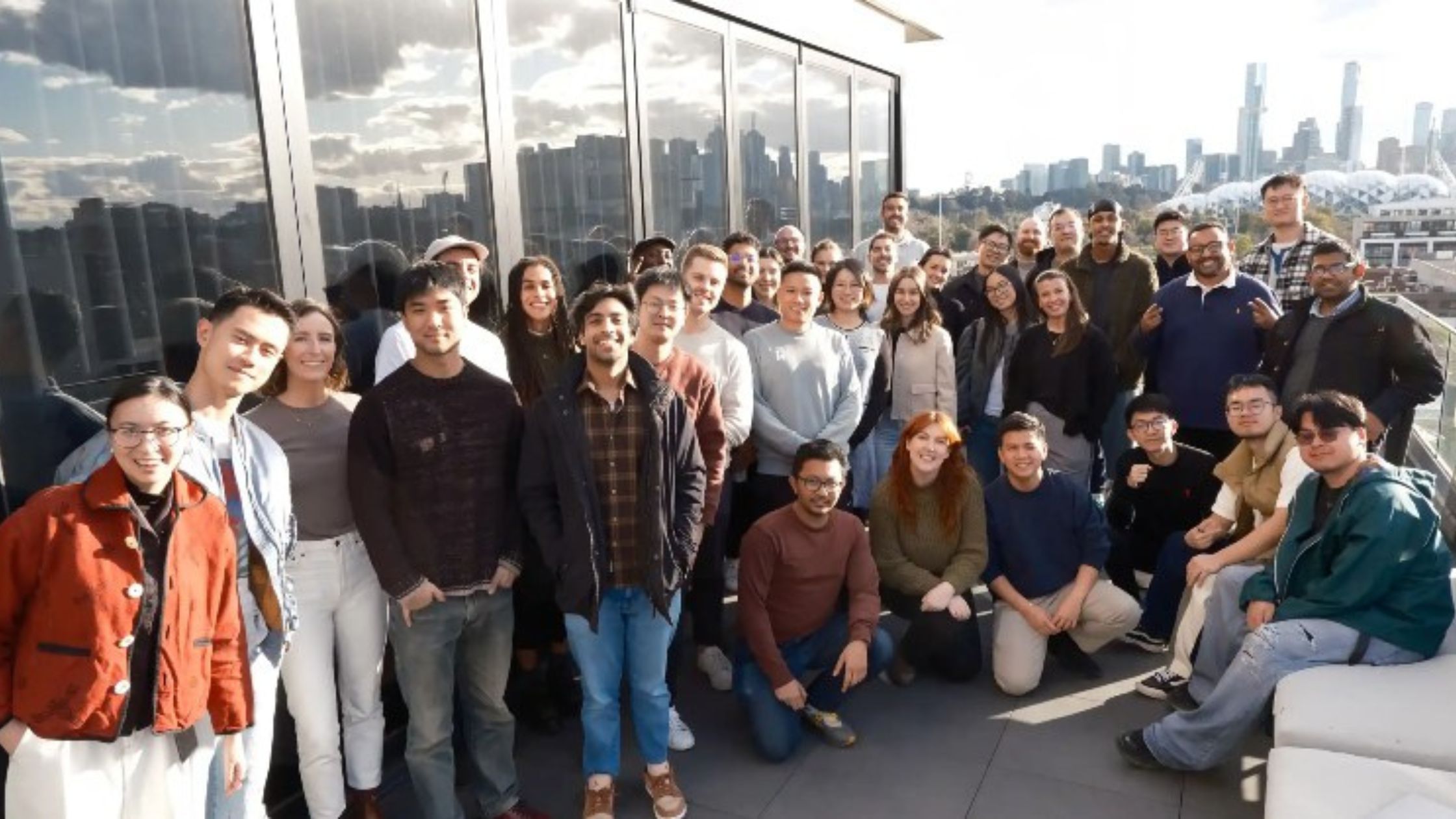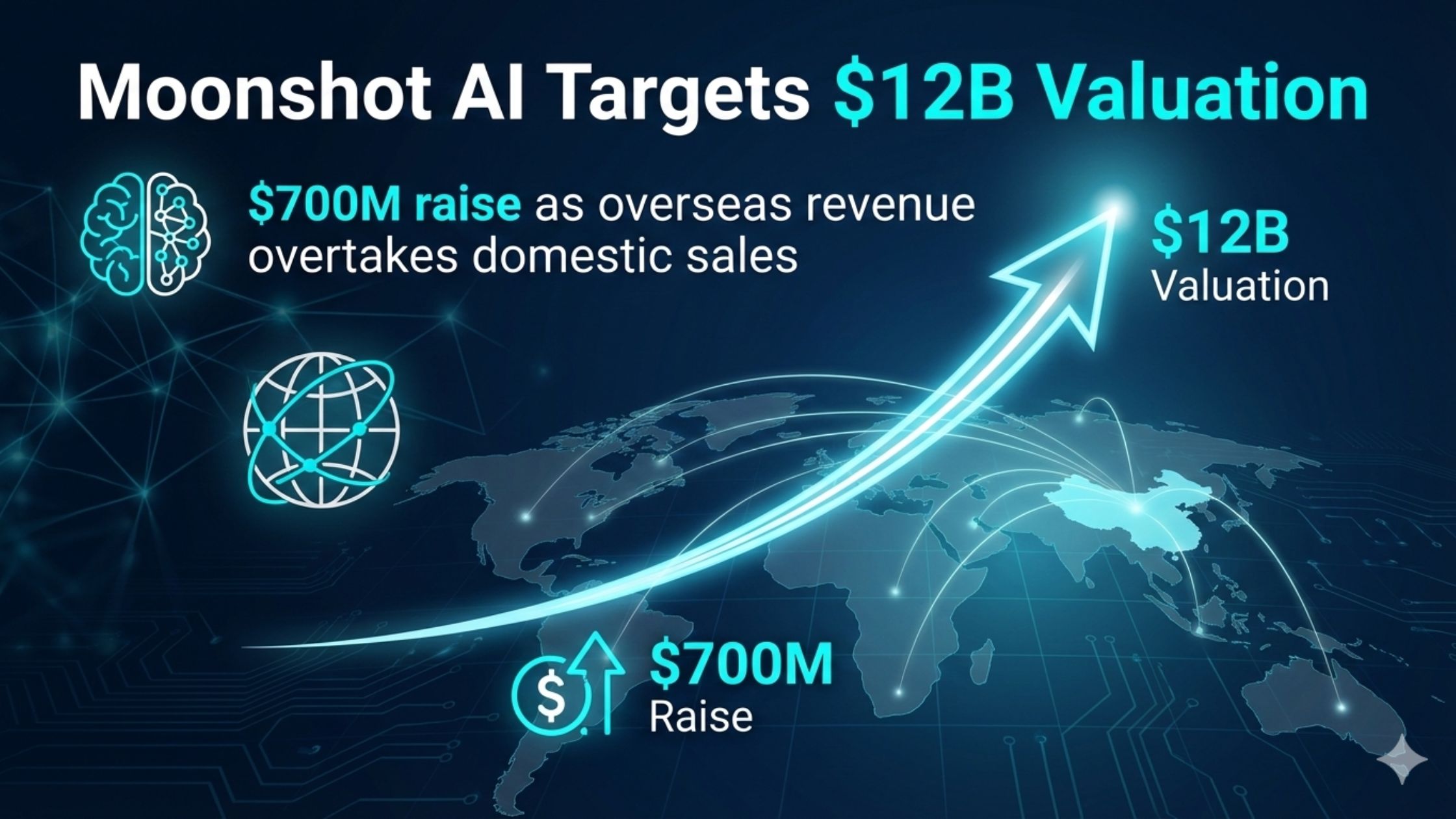AsiaTechDaily – Asia's Leading Tech and Startup Media Platform

Heidi Raises $65M to Supercharge AI-Powered Care for Clinicians Worldwide
Point72-led Series B lifts Melbourne startup to a $465M valuation as it scales an ambient AI scribe already embedded across major health systems.
Australian healthtech startup Heidi has raised $65 million in a Series B round, with participation from Headline, Blackbird, and Latitude, and led by Point72 Private Investments. The funding pushes Heidi’s valuation to about $465 million and lifts its total capital raised to nearly $100 million.
Heidi’s AI “Care Partner” transcribes consultations, drafts notes, applies billing codes and manages follow-ups in more than 110 languages. The company says its platform now supports over 2 million consultations each week globally, and in the UK it powers roughly 340,000 consultations weekly for large primary-care groups including One Care and the Modality Partnership. Heidi also claims the product has returned millions of clinical hours to frontline staff.
Why this matters: the healthcare efficiency gap
Clinicians worldwide are spending almost as much time on paperwork as on patients. That administrative load drives burnout, reduces capacity and creates operational bottlenecks — problems investors and health systems are desperate to solve. Heidi pitches its ambient AI as a way to recover clinician time and redirect it back to care, potentially raising system throughput without hiring a proportionate number of clinicians. This is the core value narrative behind the new funding.
What Heidi is actually selling — and why it’s not just another scribe
Heidi’s product is more than a dictation tool. Its selling points include:
- A real-time transcription engine trained on clinical language;
- A multilingual natural-language understanding layer that structures conversations into clinical notes; and
- Enterprise-grade security and compliance (HIPAA/GDPR/SOC2/ISO27001), which matters for hospital and national deployments. (Heidi AI)
Those technical choices explain why large, cautious buyers — from NHS super-partnerships to U.S. health systems — are piloting or rolling out the tool. Unlike legacy vendors that rely on older speech engines or bolt-on integrations, Heidi positions itself as an end-to-end care assistant that plugs into clinician workflows.
Expansion strategy — bet on the Anglo-American market, push into Asia
Heidi plans to use the Series B funding to grow its team and strengthen its presence in key markets such as the United States, United Kingdom, and Canada, while also accelerating expansion across Germany, France, Spain, Ireland, South Africa, Hong Kong, and Singapore. To support this regional growth, the company is considering setting up a central Asian office in either Singapore or Hong Kong. It also intends to double its UK workforce to meet rising demand from NHS partners. Heidi’s strategy is clear — establish deep partnerships with major healthcare systems first, then replicate and scale the model across new markets.
Competition and defensibility — what could slow them down
The AI scribe space is crowded: companies like Suki, Nuance (Dragon Medical), Robin Healthcare and Notable Health are vying for the same clinical workflows. Heidi’s defensibility rests on three things: regulatory trust, integration velocity and clinician adoption. Its rapid NHS uptake is a strong signal, but scaling into diverse health systems will test whether its models generalise across specialties, languages and local clinical practice.
Risks to watch
- Quality vs scale: Faster deployment must not sacrifice clinical accuracy. Poor notes or coding errors risk patient safety and billing problems.
- Regulation & procurement: Hospitals and governments require rigorous validation and long procurement cycles. Cross-border rollouts amplify compliance burdens.
- Data trust: Even with SOC2/ISO27001, clinicians and patients are sensitive to how conversational data is stored and used.
These are solvable, but they require discipline and deep local partnerships — not just capital.
Key metrics
- Series B: $65M led by Point72 (post-money valuation $465M). (Heidi AI)
- Global footprint: ~2 million consultations/week; 110+ languages; presence in 116 countries. (Heidi AI)
- UK scale: supports roughly 340,000 weekly consultations and adoption inside major GP super-partnerships. (Sky News)
Heidi’s raise has shown two converging forces: investor appetite for AI that delivers measurable operational impact, and health systems’ urgent need to expand capacity without overwhelming clinicians. The company’s early wins in the NHS and partnerships with large hospital groups give it a launchpad — but the harder test will be consistent, safe scaling across diverse regulatory and clinical environments.
If Heidi can keep clinician trust, demonstrate repeatable ROI for health systems, and avoid the accuracy pitfalls that plague many AI deployments, it could be a foundational product in modern clinical workflows. If not, it risks becoming another well-funded but niche automation tool. Either way, the new $65M war chest and Point72’s backing give Heidi a real shot at shaping how clinical work is done in the next decade.



